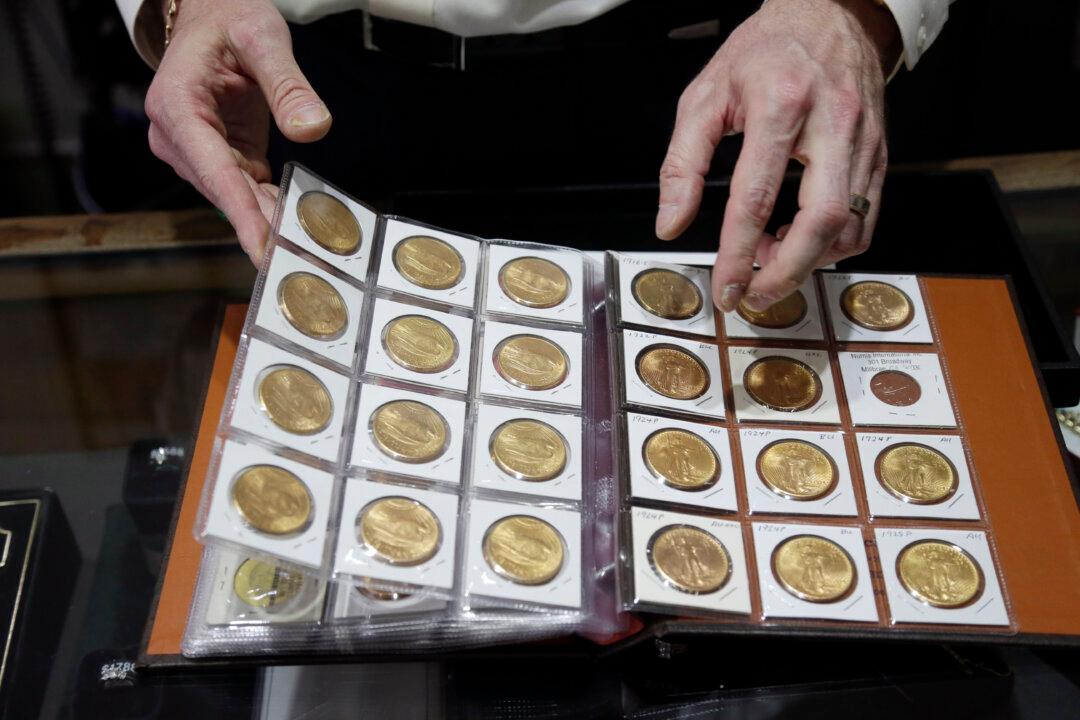Usually the International Monetary Fund only becomes exciting when it tries to prevent Argentina or Greece from defaulting. After five years of hibernation, another, more obscure area of the financial institution might actually shed light on another mystery: China’s gold reserves.
Given their usual knack for intransparency, the Chinese haven’t updated their official gold reserve since 2009, when they stood at 1,054 metric tons, far below the United States, the IMF itself and European nations such as Germany, France, and Italy.
A quick reminder as to why Chinese gold reserves are important. Given Beijing’s credibility discount on the international stage of finance, the regime believes a big gold hoard could make up for it. It can also improve the yuan’s standing as a trade and reserve currency. Gold also helps China to diversify their U.S. dollar reserves and decrease dependency on the United States.
Because gold has always been used as money worldwide, it enjoys more respect than paper dollars or yuan. It also seems Beijing believes in the satirical version of the Golden Rule: “Whoever has the gold, makes the rules.”
Market data indicates Beijing has been accumulating more gold since 2009 with estimates ranging from 3,000 to as many as 10,000 tons. While Beijing is far away from making rules in global finance, an increase in their gold reserves will help it gain more influence with the IMF.
The IMF is conducting a technical review of its reserve currency, the so called Special Drawing Right (SDR) this year. So far, only the dollar, the euro, the yen and the pound were part of the SDR, but this year, Beijing has indicated it wants the yuan to be included in the SDR. With it, we could see an increase in China’s voting rights and subsequently more influence on the international stage. So far, China only holds 3.81 percent of IMF votes, compared the United State’s 16.75 percent.





